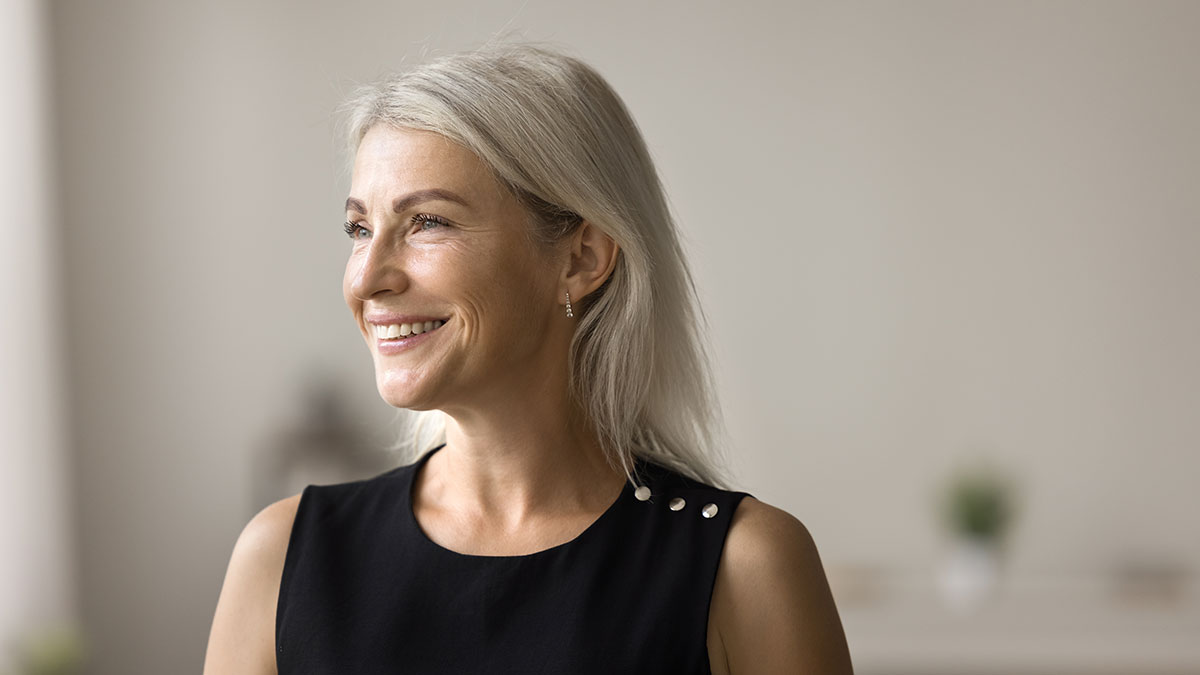Acne: Dermatologists’ Advice
5 February 2014
How common is acne? The vast majority of teenagers will at some time have a few acne spots. Approximately 20% of these experience more troublesome spots referred to as acne and Its treatment will require the help of a skin specialist or practitioner.
What are the causes and how long will it last? Active Acne normally begins in the early teens and reaches its peak between 17-21 years if not treated. Many of these patients then improve and are spot free at 25 years of age. In the case of some people, acne may persist to the age of 40 or beyond if it goes untreated. This untreated acne will escalate the risk of acne scarring.
Acne is a disease which is caused by the grease glands and their channels through which the grease (sebum) passes to the surface gets blocked. The areas which the disease glands occurs tends to be mainly on the face, back and chest, which are therefore the main sites for acne. Consequently, acne is associated with increased grease production, and people with acne often experience or complain of greasiness in their skin. Sufferers will recognise several different types of spots such as black or white heads. The small red lumps seen in acne are called papules and the yellow spots are pustules.
Acne scarring can result from inflamed spots which may become big and, at times, tender. Such large spots are called nodules and may lead to permanent scars if they go untreated.
The spots of some patients with black skin become dark and this pigmentation can last for months. It is therefore important even more important that such patients are treated early.
Why do these spots occur? Grease glands are controlled by the sex hormones and this is why acne arises at puberty and acne normally is due to an excessive response of the grease glands. Skin bacteria are responsible for the formation of the red and yellow spots. After puberty, the skin of the face and upper trunk, with or without acne, contains bacteria. Such bacteria get into the ducts of the grease glands where they make chemicals which eventually escape into the deeper parts of the skin.
What Aggravates Acne Spots?
1. A flare of acne is common just before the monthly period.
2. Pregnancy does not usually influence acne.
3. Sunbeds and sunshine give little benefit and can trigger adverse reaction.
4. Diet has probably no role in acne and poor personal hygiene does not worsen it.
5. Squeezing spots
6. Stress
What Treatments are available? Acne can be treated effectively only if the following rules are understood by patients.
General principles
It is important to remember that acne lasts for many years but that, despite this, the spots can usually be kept under excellent control providing proper and timely treatment is applied.
Topical Treatment
Some patients with mild acne will respond reasonably well to treatment applied to the skin (topical treatment). However there will normally be side effects:
Side effects of topical treatment
Mild irritation with some scaling and redness occurs frequently and can easily be controlled by cutting down the number of applications from two to one a day, or even less often, and applying them to less irritated parts of the face only.
Treatment by mouth (oral treatment)
There are three types of oral therapy: antibiotics, hormones, and retinoids. All are available and, with the exception of retinoids, should be combined with topical therapy, however can have side effects such as widespread itchy rash may appear and therapy has to be stopped.
Minimal sickness or abdominal pain (colic) may occasionally occur, sometimes with mild diarrhoea. This usually stops after a few days or may need other treatment for a few days. In case of females, antibiotics taken by mouth may also slightly increase the risk of contraceptive pill failure. Other mild side effects can included sensitivity to the sun (doxycycline) and darkening of scars (minocycline).
Light treatment
At the Skin Medical we offer NLite laser treatment for treatment of Active Acne and acne scars. We also use specialist skin products to tackle the acne process as a complementary treatment to Nlite.
Treatment of scars
Patients with severe acne often develop scars, and scars are difficult to treat. At Skin Medical we offer fractional skin surfacing using lasers and Nlite laser to stimulate collagen growth to target area.
If you are finding it difficult to cope with your acne, why not
contact Skin Medical on 0161 839 7663 for a free consultation with a nurse practitioner.
Conclusion
1. Acne can be controlled and capable of being cured however it is emphasized that to avoid the risk of permanent acne scarring intervention is recommended sooner rather than later.
2. Active Acne can be a persistent skin condition that will require regular intervention and treatment.
3. It is important that you complete your treatments as recommended by your practitioner to minimise the risk of scarring in later stages of the healing process.
4. Treatments are available that can guarantee a satisfactory result.
How successful is treatment for Acne?
Acne is usually one of the easiest of the persistent skin conditions to treat, but it must be treated sooner rather than later. Early treatment minimises the risk of scarring.
It is important for you not to give up your treatment since doctors can now offer therapies which can guarantee a satisfactory result in virtually everyone.
The above information is based on the information contained in the British Association of Dermatologists’ information leaflet about Acne.


 Menu Item
Menu Item